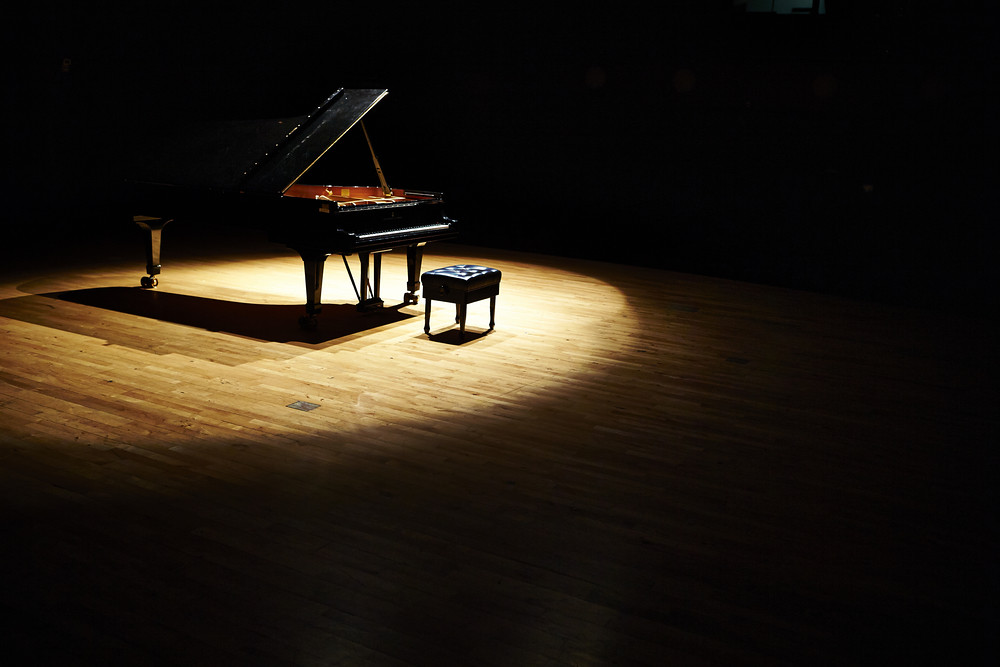
–The Musician’s Way, p. 189
I’ve attended thousands of classical concerts, and despite my love of the music, I have to admit that fewer than 10% of those concerts were wholly or mostly enjoyable.
Typically, the programs, presentation or playing were just plain dull.
By “dull,” I mean:
-The repertoire is conventional and/or the programs lack curatorial vision.
-The performers display minimal engagement with listeners.
-The music-making underwhelms with predictability and missed interpretive opportunities.
In response to the drabness, I offer the following tips to help rising artists create vibrant concert experiences.
Links point to other posts on this blog.
Five Steps to Better Classical Concerts
1. Program Insightfully
Take time to understand your target audiences, and then create high-quality concert programs that will attract and inspire them.
In tandem, choose music that’s authentic to your taste and suits your technical abilities. See: 3 Traits of Successful Concert Programs.
2. Communicate Genuinely
Through your program titles, press releases, body language, and written or spoken program notes, add to your program’s appeal.
When you speak – whether from the stage or in interviews – deliver perceptive words, prepared in advance, that enhance the emotional power of the music you’ll perform. See: Speaking from the Stage & How Not to Talk to Audiences.
3. Perform Vividly
From the moment you step on stage, emanate the specialness of the moment – show listeners that there’s nowhere else you’d rather be.
Then, bring out the dramatic content of every phrase, drawing listeners to the edge of their seats. See: The Essence of Stage Presence & When Every Note Vibrates with Life.
4. Assess Honestly
Seek feedback before and after your performances. You might devise audience surveys, ask mentors to appraise your programming ideas, and try out your interpretations on peers.
Also use a Performance Evaluation Tool to identify self-improvement goals.
5. Appear Widely
Perform for club, youth, elderly and disadvantaged audiences as well as for established classical concertgoers.
In that way, you learn to present engaging concerts for all sorts of people, contribute to communities, and fuel the demand for your performances. See: Supply and Demand for Classical Musicians.
The Musician’s Way has helped musicians worldwide grow the abilities needed to present high-impact concerts. Preview the text at Amazon.com.
Related posts:
3 Ways to Boost the Impact of a Concert
6 Steps to Better Program Notes
Don’t Be a White Egg
Practicing Performance
Self-Produce Concerts in 8 Steps
© 2017 Gerald Klickstein
Photo © MN Image, licensed from Shutterstock.com


I think the most important tip of these five is to perform widely. Your music is good as is your audience is wide.
Everyone loves music but not everyone’s heart is easy to capture so if there are wide audiences that enjoy your sounds that means that your music can wake positive feelings in more people.
Music is a key to our hearts and if that vibration you are making helps old and young people alike to feel the fire in them then you are doing a great job.